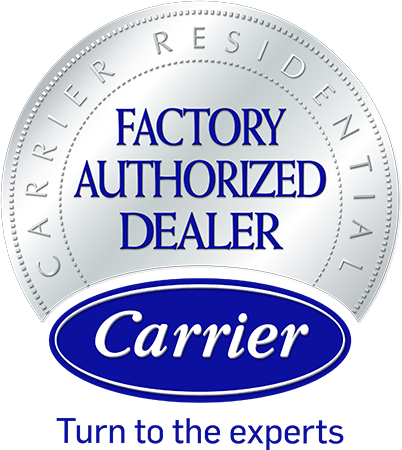Energy Saving Tips
- Comfort by Design
Most of us don’t think about “design” when we think of heating and cooling, but it’s just as important as a solid architectural design. A professional HVAC contractor won’t simply replace what you have now with new equipment. It’s possible that your existing system wasn’t sized properly to begin with! - Maximum Efficiency and Comfort
Whether your comfort system is old or new, in a new or old home, in an apartment or a single-family home, there are many little things you can do to optimize its efficiency and minimize your utility bills. They’re definitely worth the small amount of time and expense they take, because in the long run, they’ll save you money. - Humidity: It’s All Relative
Your heating, ventilation, and air conditioning (HVAC) system can do more than heat and cool your home. It can also keep the humidity at a comfortable level in winter and summer. It’s a delicate balance: if it’s too low, you’ll feel the effects of colds, respiratory infections, and asthma more, and some of the furnishings in your home will literally dry out. If it’s too high, you’ll be uncomfortable but mold and mildew will flourish. They love moisture! - Indoor Air Quality
According to the EPA, the air inside the average home is up to five times more polluted than the air outside. Pollen, dust mites, dirt, and mold spores in your home’s air can cause minor health problems like eye and nose irritation, dizziness, and headaches. Indoor air pollution can also cause more serious problems like respiratory illness, as well as aggravate allergies and asthma. - Maintenance Tips
Keeping your heating and cooling systems in good working order means your utility bills will be lower, your home will be more comfortable, and you’ll need to call for repairs less often. - The Air You Breathe
Unfortunately, in today’s world, pollution is everywhere. And with the type of cleaning products, manmade goods, and activities undertaken within homes and buildings, indoor environments can become very uncomfortable. Even “fresh,” outdoor air has as many as 30 million dust or pollutant particles per cubic foot. - The Truth About Mold
Despite many harmless and beneficial molds, some molds can be toxic and pose health threats to humans. The Environmental Protection Agency (EPA) cautions that all molds can cause health problems under the right conditions. The word “toxic” refers to mold that produces hazardous compounds, or mycotoxins.



